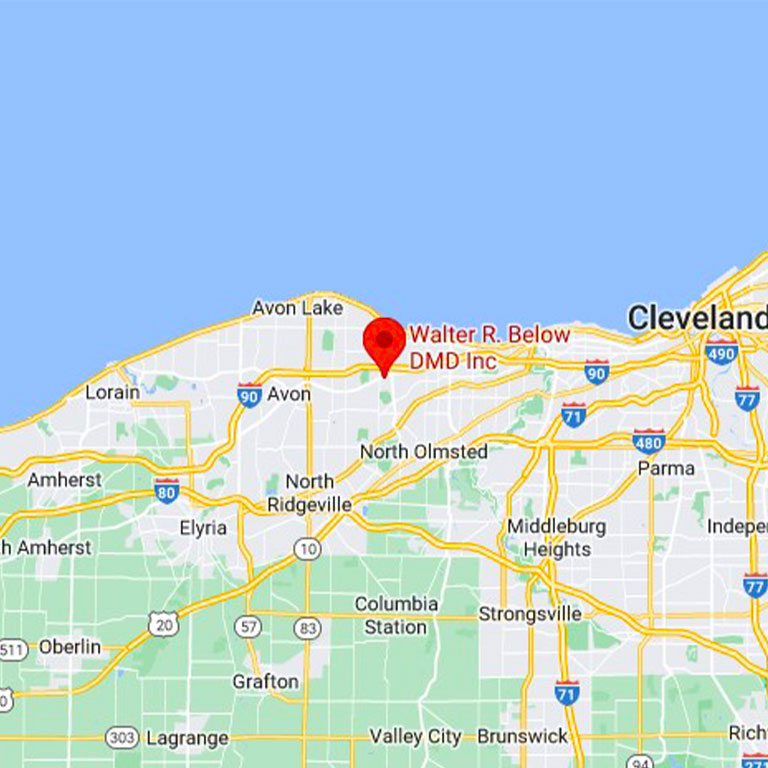Is Minor Tooth Pain Normal?
By definition, tooth pain that’s sharp and severe is difficult for anyone to ignore and usually results in either a call to anemergency dentist in Westlake or an impassioned plea to your regular dentist to see you as soon as possible. However, minor tooth pain is a very different story. We’ll look at whether these types of toothaches are normal and what you should do about them.
Types of Tooth Pain
There are a few different types of tooth pain. In some cases, you might always feel a dull ache, a type of pain you can almost forget is even there. In others, you might have a sharp pain when you crunch down on something hard or eat something that’s too hot or cold. No matter what type of tooth pain you have, the answer is that none of these sensations are normal. If you continue to ignore it, the problem is liable to get worse.
Causes of Tooth Pain in Westlake
Cavities, infections, teeth grinding, impacted wisdom teeth: there are a variety of reasons that you may feel tooth pain. If you want to solve the mystery, it’s time to see adentist in Westlake, OH. Because issues like fractures and nerve damage can hide on X-rays, it may take some exploration on the part of your dentist to figure out the cause of the pain. From there, they can devise a treatment plan to put your oral health back on the mend.
At the office of Walter R. Below DMD, you’ll meet a staff that will ask the right questions and target the right areas. Contact us today to learn more about our services, and how we can schedule you in for a check-up no matter when tooth pain strikes.




